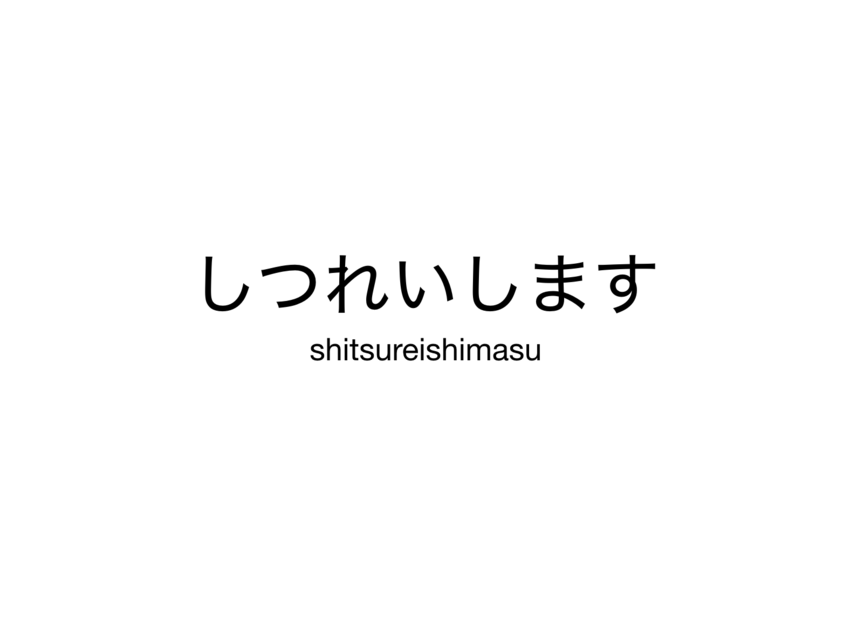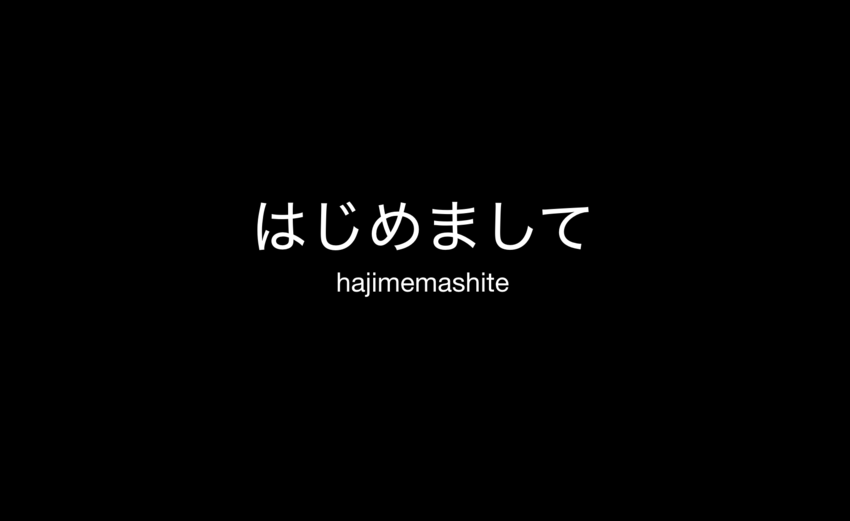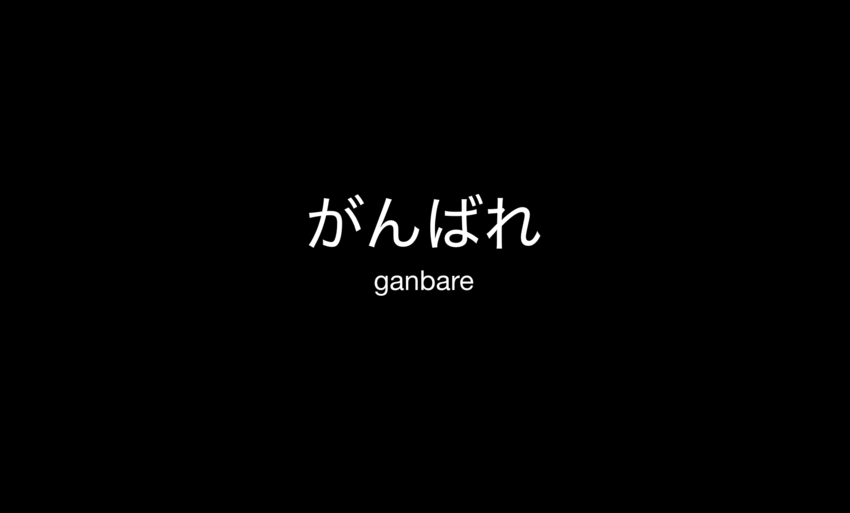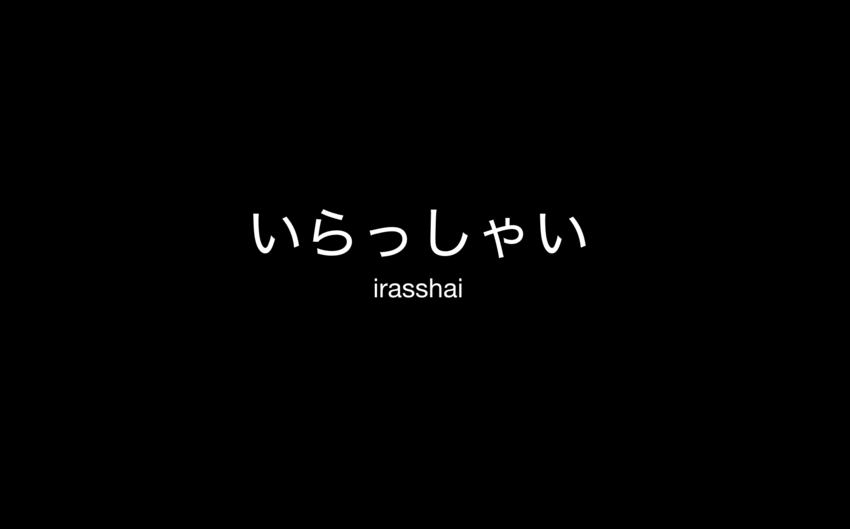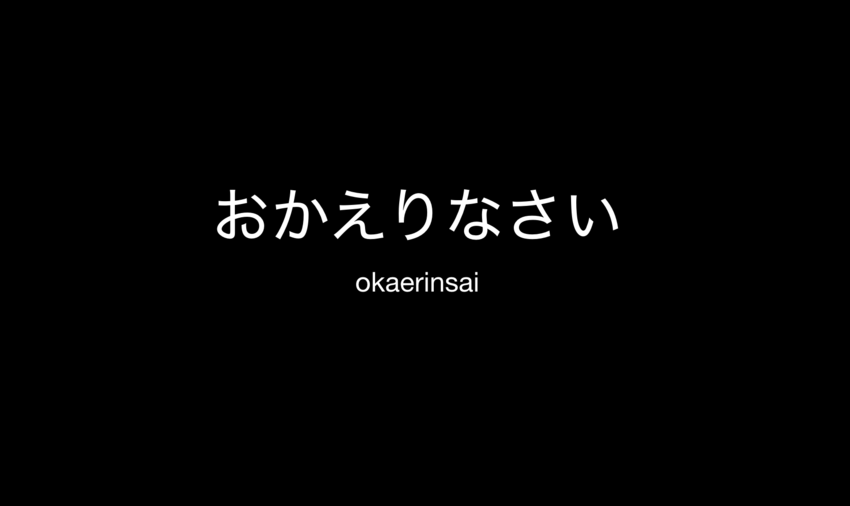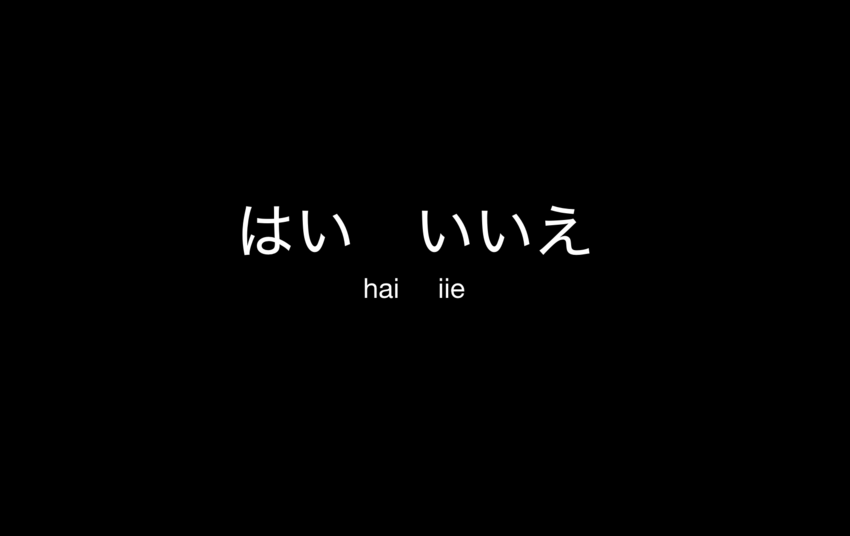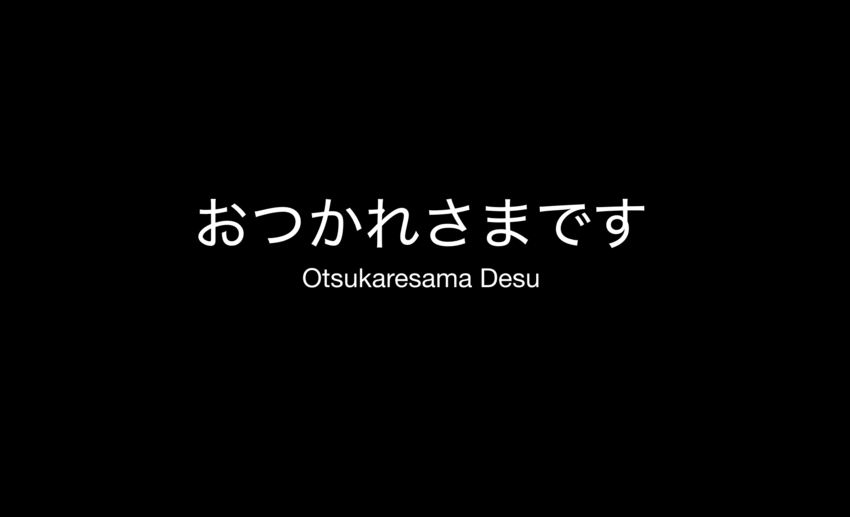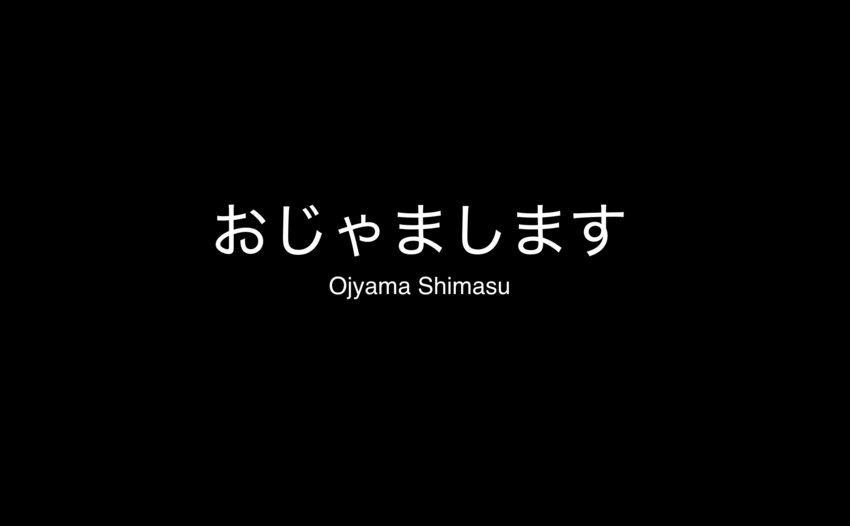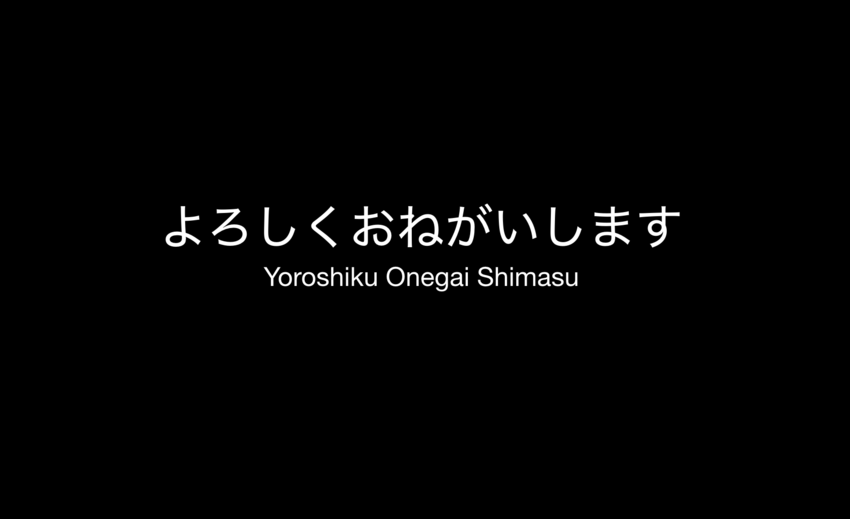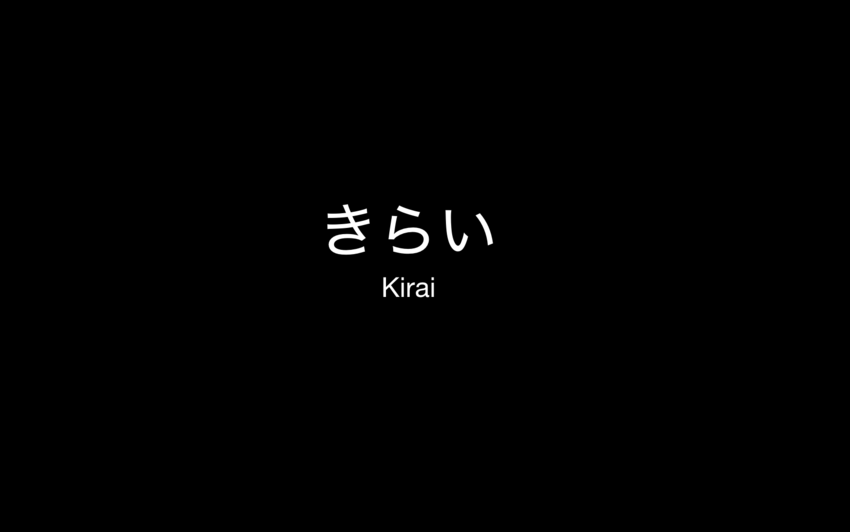Apr
22,
2019
しつれいします shitsureishimasu
This phrase has two meaning.
The literal translation is "Please forgive my bad manner."
(1) I am leaving.
(2) Excuse me.
When you are leaving, you usually say おさきに しつれいします。
"I am leaving now ... please forgive me for my bad manner."
Apr
21,
2019
はじめまして hajimemashite
Direct translation would be "Meet First Time".
This is a greeting you use when you meet someone for the first time.
"How do you dp?"
"Nice to meet you."
Kind of like those word.
Apr
20,
2019
がんばれ ganbare
がんばれ
ganbare
"GANBARE" - "Hang in there." You say this to encourage someone who is working hard, such as running in a marathon or studying. Another way of saying this is "GANBATTE."
がんばって
がんばってくれ
がんばってください
Apr
19,
2019
いらっしゃい irasshai
When you enter a restaurant, people usually say いらっしゃいませ。
It is a polite way of saying いらっしゃい。
It means welcome!!!
This is different from どういたしまして dou itashimashite ... means "You are welcome." or "Don't even mention it."
Apr
18,
2019
おかえりなさい okaerinasai
Apr
14,
2019
おつかれさまです Otsukaresama Desu
おつかれさまです
Otsukaresama Desu
Otsukaresama desu is a key phrase that you will need to master if you plan to work in Japan. Whever you meet someone who is more senior than you, you say おつかれさまです。
The straight translation of this phrase would be "being tired" ... This means, you are thanking someone for their hard work.
Noe: You do not use this term for someone is not your senior. You say 「おつかれ」「おつかれさま」... Never「おつかれさまです」
Apr
13,
2019
おじゃまします Ojyama Shimasu
and
This set phrase is said whenever you enter someone else’s house, signifying that you know you are going to be a bother and apologize in advance. When using this phrase, you are signifying your own modesty and sense that you are intruding.
Apr
12,
2019
よろしくおねがいします Yoroshiku Onegai Shimasu
Yoroshiku Onegai Shimasu
The phrase is よろしくお願いします (yoroshiku onegaishimasu). The simplest, quickest and easiest way to understand yoroshiku onegaishimasu, and the less formal dozo yoroshiku is that it means both please and thank you. It's used to make a request and also to thank the person, either before or after they do it for you.
Apr
11,
2019
きらい Kirai
https://en.bloguru.com/japaneseonline/345926/suki
You can ask onion 「_____すき?きらい?」to see if the person likes or nor the _______ you asked.
If someone say わたし が すき、それとも きらい。
Watashi Ga Suki, soretomo Kirai.
This I making if you like me or dislike me.
Like in English, if you are asked this question, your answer should be すき.
×
- If you are a bloguru member, please login.
Login - If you are not a bloguru member, you may request a free account here:
Request Account

